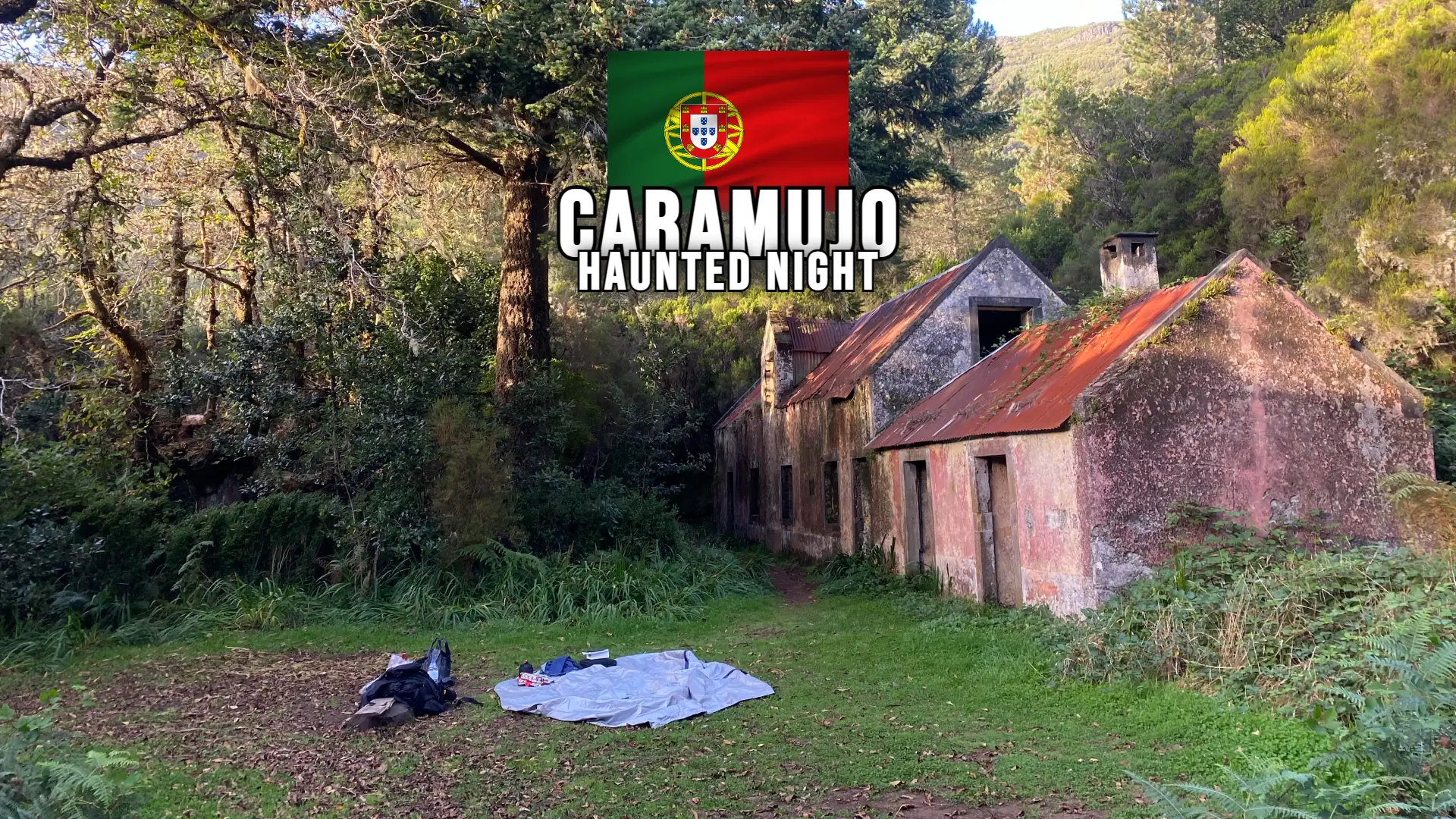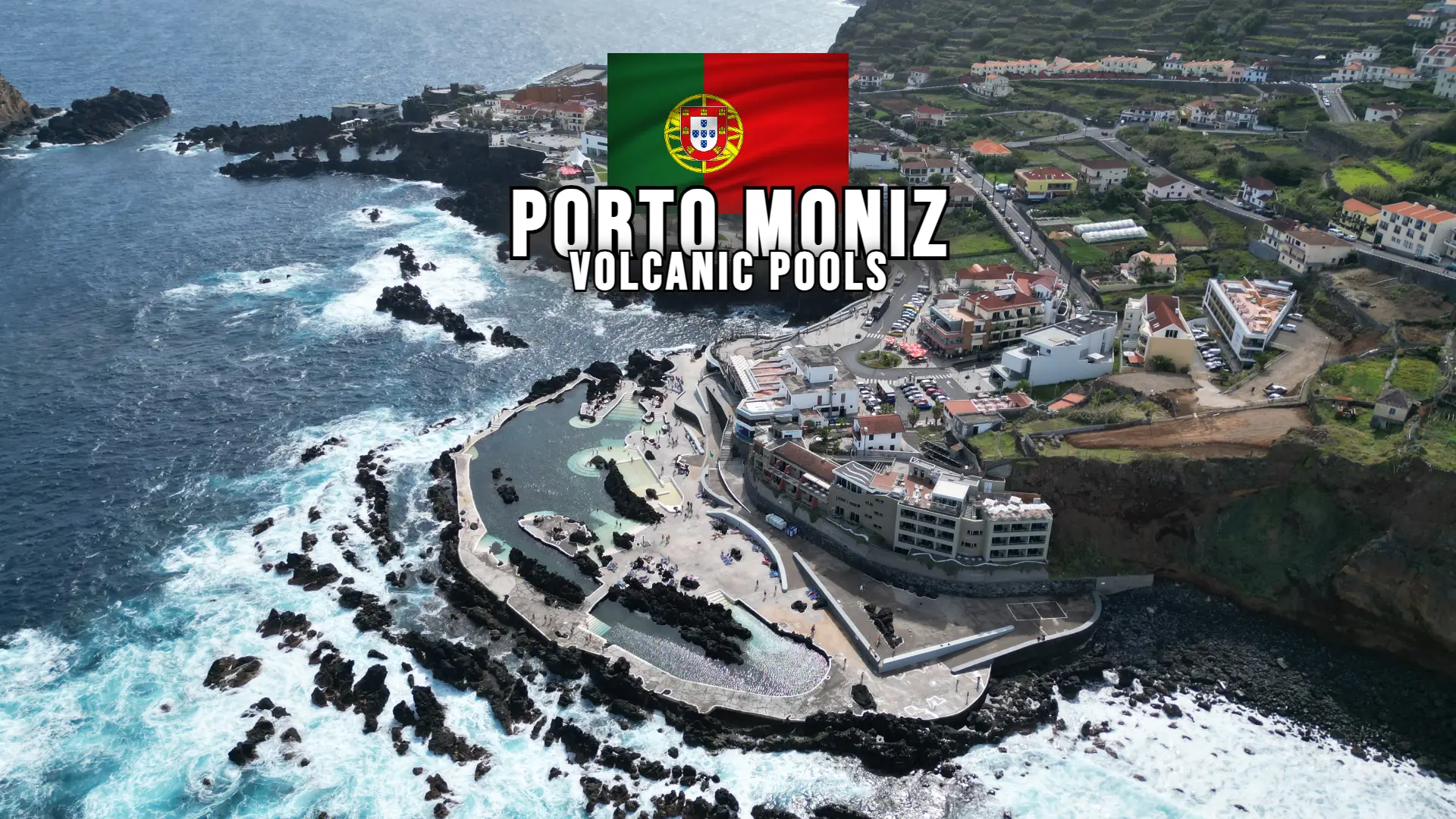Planning to buy a house in Portugal? This guide will provide you with essential tips and tricks to help make your house-hunting journey in Portugal easier and more successful.
Portugal is a country of stunning natural beauty, diverse culture, and affordable living costs, making it an ideal location for anyone looking to buy a house. Whether you’re looking to invest in a holiday home, a retirement home, or a permanent residence, Portugal offers plenty of options to suit your preferences and budget.
However, buying a house in Portugal can be a daunting process, especially if you’re not familiar with the local real estate market and regulations. To help you navigate the process and make an informed decision, we’ve put together this guide on how to buy a house in Portugal. Read on to discover some essential tips and tricks for a successful house-hunting journey in Portugal.
Research the Local Real Estate Market
Before you start your house-hunting journey in Portugal, it’s essential to research the local real estate market to get an idea of the prices, property types, and locations available. You can use online real estate portals, such as Idealista, Century21, or Remax, to search for properties and compare prices in different regions.
You can also attend real estate exhibitions and events, visit open houses, and talk to locals to get a better understanding of the market trends, hotspots, and insider tips. Keep in mind that the real estate market in Portugal is competitive, especially in popular tourist destinations like Lisbon, Porto, and the Algarve, so be prepared to act fast if you find a property you like.
Hire a Reliable Real Estate Agent
To make your house-hunting journey in Portugal easier and more efficient, it’s advisable to hire a reliable real estate agent who speaks your language and has experience dealing with foreign buyers. A good agent can provide you with personalized guidance, recommend suitable properties, negotiate on your behalf, and handle the paperwork and legal requirements.
You can find a reputable agent through referrals from friends or family, online reviews, or by contacting professional associations like the Portuguese Association of Real Estate Professionals and Companies (APEMIP).
Choose the Right Location
Portugal offers a diverse range of locations, from bustling cities to peaceful villages, from coastal towns to mountain retreats. When choosing the right location for your house, consider your lifestyle, budget, and preferences, and do some research on the area’s infrastructure, amenities, and climate.
For example, if you’re looking for a lively urban environment with plenty of cultural activities and nightlife, Lisbon or Porto may be the right choice for you. If you prefer a quieter, laid-back lifestyle with beautiful beaches and sunny weather, the Algarve or Madeira Islands may be more suitable.
Check the Property’s Legal Status
Before buying a property in Portugal, it’s crucial to ensure that it has a clear and legal status, and there are no outstanding debts, mortgages, or liens attached to it.
You should ask the seller to provide you with the property documents, such as the title deed (escritura), the land registry certificate (caderneta predial), the energy certificate (certificado energético), and the habitation license (licença de habitação), and have them reviewed by a lawyer.
You should also verify that the property complies with the local planning and building regulations and has all the necessary permits and authorizations. If you find any irregularities or issues with the property, address them with the seller before signing the contract.
Understand the Buying Process and Costs
The buying process for a property in Portugal typically involves the following steps:
Making an offer: Once you’ve found a property you like, you can make an offer through your real estate agent. The offer is usually subject to a legal check and a survey of the property.
Signing the promissory contract: If the seller accepts your offer, you’ll sign a promissory contract and pay a deposit, typically 10% of the property’s value. The contract outlines the terms and conditions of the sale, including the price, payment schedule, and deadline.
Completing the purchase: The final step is to complete the purchase by signing the deed of sale at a notary’s office and paying the remaining balance and taxes.
The costs of buying a property in Portugal include:
Property transfer tax (IMT): 0% to 8% of the property value, depending on the location, type, and purpose of the property.
Stamp duty: 0.8% of the property value.
Notary and registration fees: 1% to 2% of the property value.
Real estate agent’s commission: 3% to 6% of the property value.
Legal fees: typically 1% to 2% of the property value.
Negotiate the Price and Terms
When negotiating the price and terms of a property in Portugal, keep in mind that the market is competitive, and sellers may not be willing to lower their prices significantly. However, there may be room for negotiation, especially if the property has been on the market for a while or needs some renovation work.
You can also negotiate on other terms, such as the payment schedule, the inclusion of furniture or appliances, or the inclusion of a clause that allows you to cancel the contract if you find any legal or structural issues with the property.
Get Legal Assistance
Buying a property in Portugal involves complex legal and administrative procedures that may differ from those in your home country. Therefore, it’s advisable to hire a lawyer who specializes in real estate law to guide you through the process and ensure that your interests are protected.
Your lawyer can help you with tasks such as reviewing the property documents, verifying the legal status of the property, drafting and reviewing the contracts, and handling the registration and payment of taxes and fees.
Obtain a Mortgage (if needed)
If you’re planning to finance your property purchase with a mortgage, you should start the process early and shop around for the best rates and terms. Portuguese banks typically offer mortgages for up to 80% of the property value, with a repayment period of up to 30 years.
To apply for a mortgage, you’ll need to provide the bank with your personal and financial information, such as your income, credit score, and employment status. The bank will also assess the property’s value and condition and may require a valuation report and a survey.
Keep in mind that getting a mortgage in Portugal may involve additional costs, such as appraisal fees, mortgage arrangement fees, and insurance premiums.
Frequently Asked Questions
Question: Can foreigners buy property in Portugal?
Answer: Yes, foreigners can buy property in Portugal, and there are no restrictions on foreign ownership. However, non-EU citizens may need to obtain a visa or a residence permit to stay in Portugal for more than 90 days.
Question: Do I need a real estate agent to buy a property in Portugal?
Answer: While it’s not mandatory to hire a real estate agent to buy a property in Portugal, it’s highly recommended, especially if you’re not familiar with the local market and regulations. A reputable and experienced agent can help you find suitable properties, negotiate the price and terms, and handle the paperwork and legal aspects of the transaction.
Question: What taxes do I have to pay when buying a property in Portugal?
Answer: The main taxes and fees you’ll have to pay when buying a property in Portugal are the property transfer tax (IMT), the stamp duty, the notary and registration fees, the real estate agent’s commission, and the legal fees. The exact amount of these costs depends on the location, type, and value of the property.
Question: How long does it take to complete a property purchase in Portugal?
Answer: The time it takes to complete a property purchase in Portugal can vary, depending on the complexity of the transaction and the efficiency of the parties involved. On average, it can take between 2 and 4 months from the promissory contract to the deed of sale.









